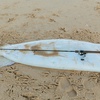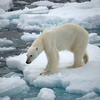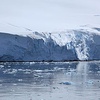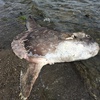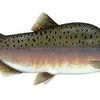
Global warming is a serious threat to pink salmon populations
A recent study suggests that the population of pink salmon around the world is seriously threatened by the devastating impact of climate change and global warming, writes The Monitor Daily. The researchers who conducted the study found that carbon dioxide is responsible for the acidification of the freshwater systems, which directly affects the fish population. Read the full story here.


